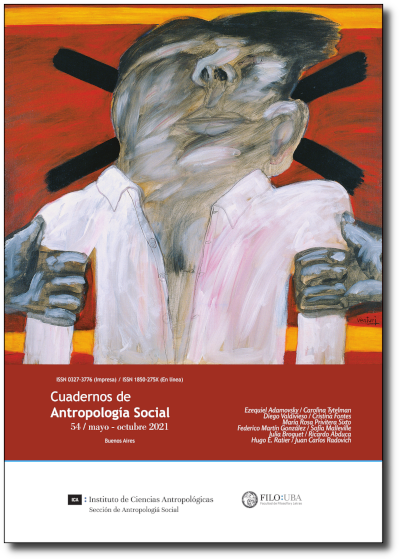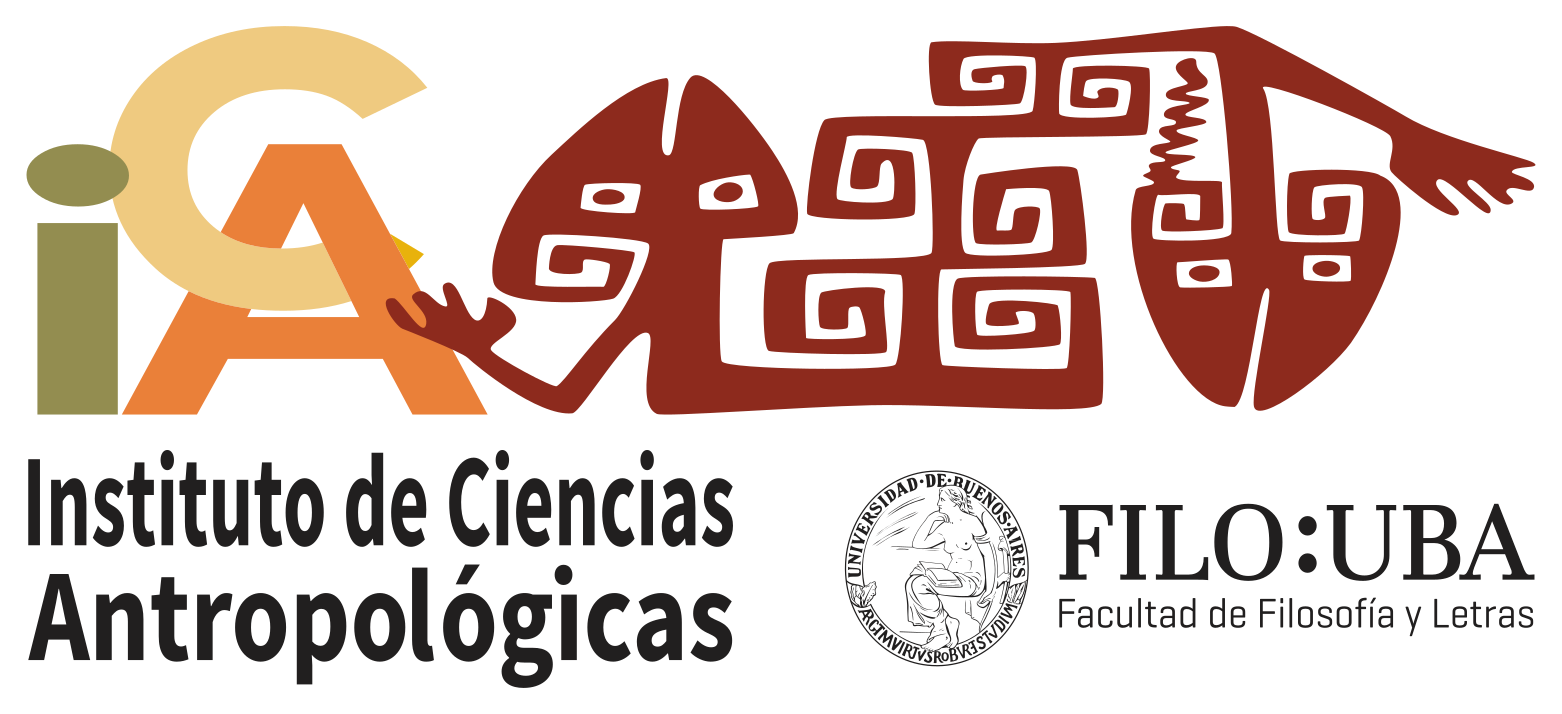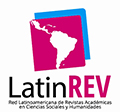Confeccionando Territórios
Funcionários Públicos como Catalisadores de Identidades
Resumo
Este artigo explora como o trabalho técnico e as decisões burocráticas dos funcionários públicos na linha de frente da implementação de programas de desenvolvimento interferem na geração e reformulação de categorias territoriais e de identidade. A aplicação de uma metodologia participativa baseada na produção de ‘mapas de conversação’, usada pelos agentes do Programa de Desenvolvimento Territorial Indígena (PDTI) na Ilha Quehui, no arquipélago de Chiloé, Chile, levou a que um dos grupos de usuários que participavam da atividade reforce seu desejo de formar uma associação de moradores que represente seus interesses. Este exemplo etnográfico exemplifica como o estado descentralizado interfere na arena política local através do uso de categorias de identidade e de uma abordagem topográfica, em detrimento de uma abordagem topológica, que não preste atenção à porosidade e permeabilidade das fronteiras territoriais.Downloads
Referências
Allen, J. (2011). Topological twists: Power’s shifting geographies. Dialogues in Human Geography, 1(3), 283–298. https://doi.org/10.1177/2043820611421546
Antonsich, M. (2011). Rethinking territory. Progress in Human Geography, 35(3), 422–425. https://doi.org/10.1177/0309132510385619
Barth, F. (1998). Ethnic Groups and Boundaries: The Social Organization of Culture Difference. Waveland Press.
Boccara, G. (2011). The Government of ‘Others’: On Neoliberal Multiculturalism in Latin America. Actuel Marx, 50(2), 191–206.
Brighenti, A. M. (2010). On Territorology: Towards a General Science of Territory. Theory, Culture & Society, 27(1), 52–72. https://doi.org/10.1177/0263276409350357
de la Maza, F., & Alchao, M. (2012). Etnografía de interacciones cotidianas en la política indígena, Araucanía-Chile. Líder: Revista Labor Interdisciplinaria de Desarrollo Regional, 20, 9–29.
Delaney, D. (2005). Territory: A short introduction (1 edition). Wiley-Blackwell.
French, J. H. (2009). Legalizing Identities: Becoming Black or Indian in Brazil’s Northeast. The University of North Carolina Press.
Goemans, H. (2006). Bounded communities: Territoriality, territorial attachment, and conflict. In M. Kahler & B. Walter (Eds.), Territoriality and Conflict in an Era of Globalization. Cambridge University Press.
Goldberg, D. (2011). The Threat of Race: Reflections on Racial Neoliberalism. Wiley-Blackwell.
Hale, C. R. (2005). Neoliberal Multiculturalism. PoLAR: Political and Legal Anthropology Review, 28(1), 10–19. https://doi.org/10.1525/pol.2005.28.1.10
Harvey, P. (2012). The Topological Quality of Infrastructural Relation: An Ethnographic Approach. Theory, Culture & Society, 29(4–5), 76–92. https://doi.org/10.1177/0263276412448827
Lovell, N. (Ed.). (1998). Locality and Belonging (1 edition). Routledge.
Mouffe, C. (2005). On the political. Routledge. https://doi.org/10.4324/9780203870112
Pigg, S. L. (1992). Investing Social Categories Through Place: Social Representations and Development in Nepal. Comparative Studies in Society and History, 34(3), 491–513. https://doi.org/10.1017/S0010417500017928
Postero, N. (2006). Now We Are Citizens: Indigenous Politics in Post-multicultural Bolivia (1 edition). Stanford University Press.
Raffestin, C. (2012). Space, Territory, and Territoriality. Environment and Planning D: Society and Space, 30(1), 121–141. https://doi.org/10.1068/d21311
Ramírez, M. C. (2010). La antropología de La política pública. Antípoda, 10, 13–17. http://dx.doi.org/10.7440/antipoda10.2010.02
Ratcliffe, P. (Ed.). (1996). Race, Ethnicity And Nation: International Perspectives On Social Conflict. UCL Press.
Ratcliffe, P. (2004). Race Ethnicity And Difference: Imagining The Inclusive Society. McGraw-Hill Education.
Richards, P. (2013). Race and the Chilean Miracle: Neoliberalism, Democracy, and Indigenous Rights (1 edition). University of Pittsburgh Press.
Sack, R. (1986). Human Territoriality: Its Theory and History. Cambridge University Press.
Shields, R. (2013). Places on the Margin: Alternative Geographies of Modernity. Routledge.
Skrentny, J. D. (2008). Culture and Race/Ethnicity: Bolder, Deeper, and Broader. The Annals of the American Academy of Political and Social Science, 619, 59–77.
Spencer, J. (1997). Post-Colonialism and the Political Imagination. The Journal of the Royal Anthropological Institute, 3(1), 1–19. JSTOR. https://doi.org/10.2307/3034362
Spencer, J. (2007). Anthropology, Politics, and the State: Democracy And Violence In South Asia (First Edition edition). Cambridge University Press.
Storey, D. (2001). Territory: The Claiming of Space (Insights into Human Geography (01 edition). Prentice Hall.
Wade, P. (2010). Race and Ethnicity in Latin America. Pluto Press.
Yashar, D. J. (1998). Contesting Citizenship: Indigenous Movements and Democracy in Latin America. Comparative Politics, 31(1), 23–42. https://doi.org/10.2307/422104
Copyright (c) 2021 Diego Valdivieso

This work is licensed under a Creative Commons Attribution 4.0 International License.

Esta obra está bajo una Licencia Creative Commons Atribución 4.0 Internacional
Cuadernos de Antropología Social sostiene su compromiso con las políticas de Acceso Abierto a la información científica, al considerar que tanto las publicaciones científicas como las investigaciones financiadas con fondos públicos deben circular en Internet en forma libre, gratuita y sin restricciones.
Los contenidos y opiniones expresadas en los artículos publicados son de entera responsabilidad de sus autores.
Los autores/as que publiquen en esta revista aceptan las siguientes condiciones:
- Los autores/as conservan los derechos de autor y ceden a la revista el derecho de la primera publicación, bajo la licencia de atribución de Creative Commons, que permite a terceros utilizar lo publicado siempre que mencionen la autoría del trabajo y a la primera publicación en esta revista.
- Los autores/as pueden realizar otros acuerdos contractuales independientes y adicionales para la distribución no exclusiva de la versión del artículo publicado en esta revista (p. ej., incluirlo en un repositorio institucional o publicarlo en un libro) siempre que indiquen claramente que el trabajo se publicó por primera vez en esta revista.















